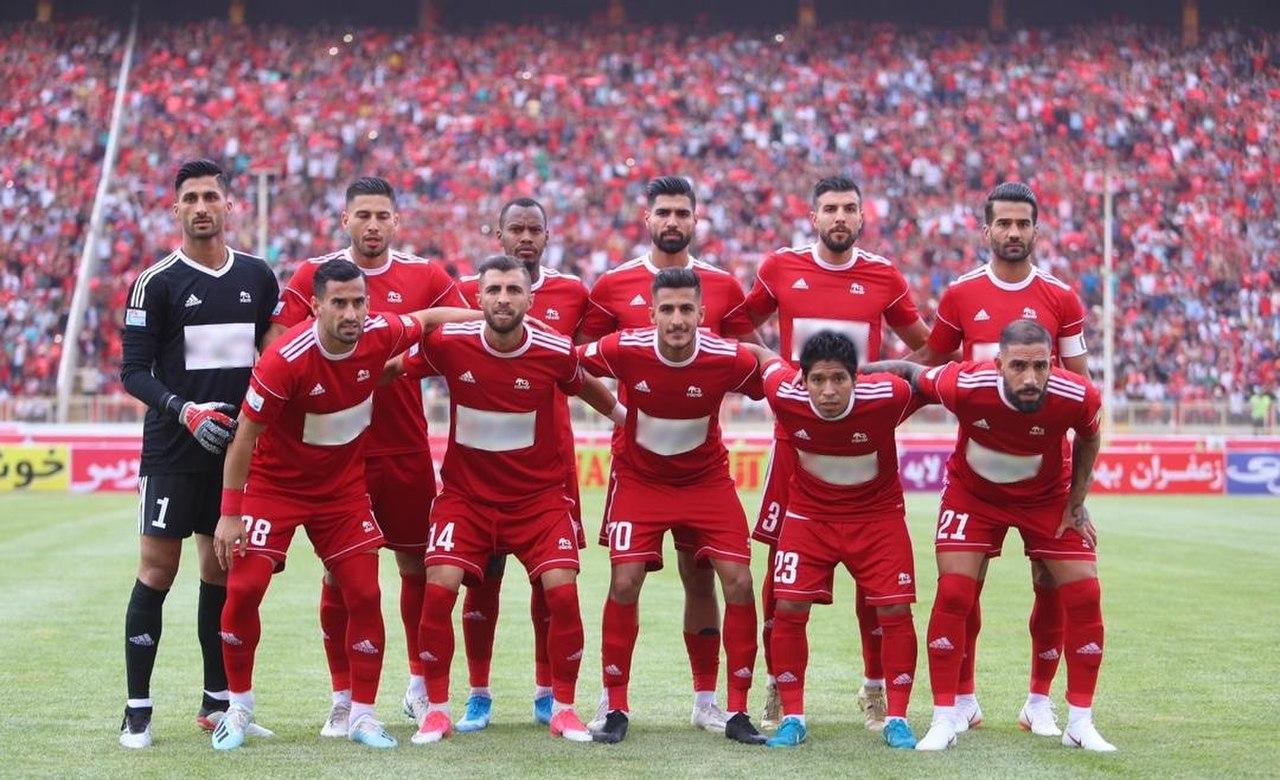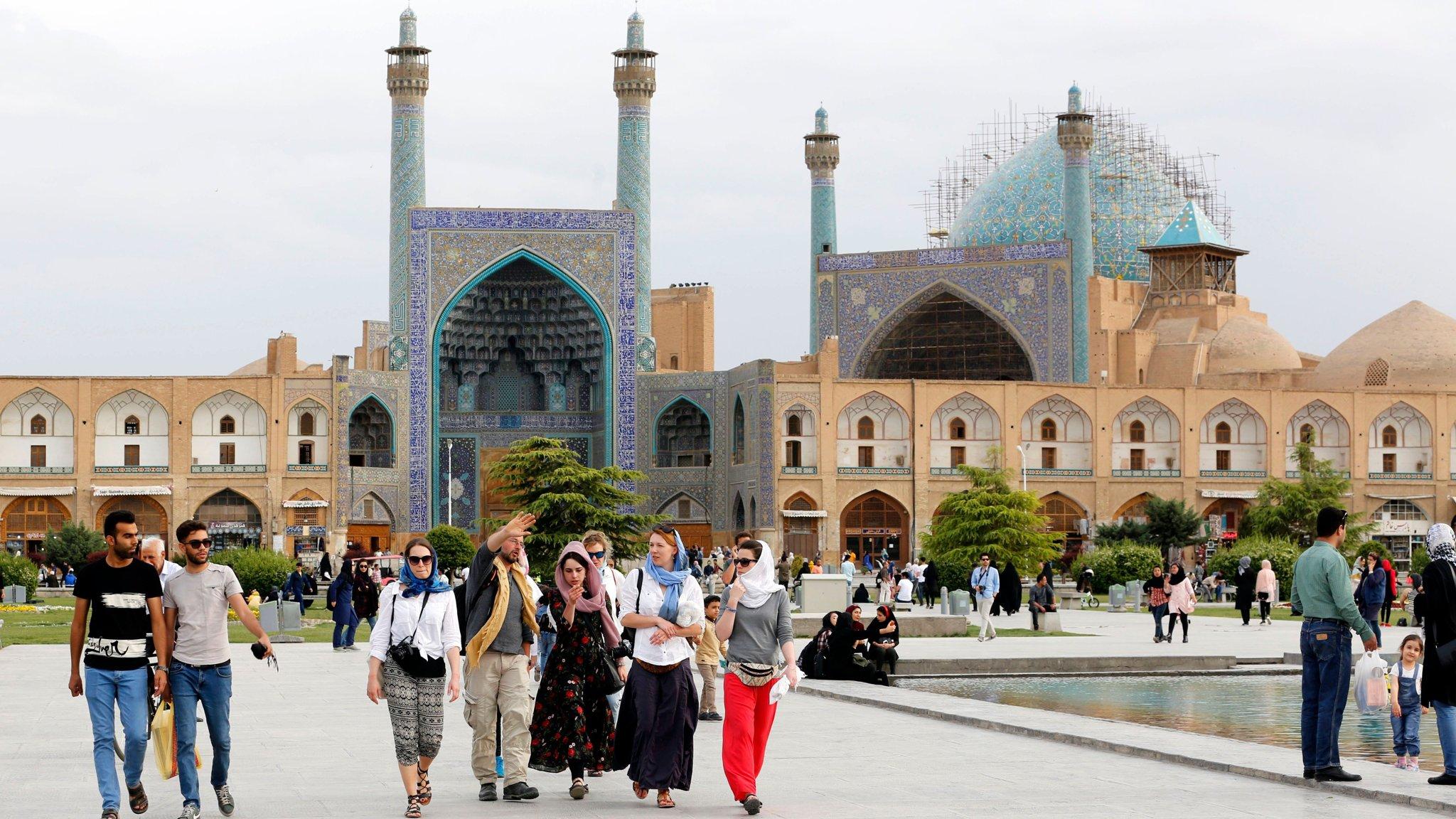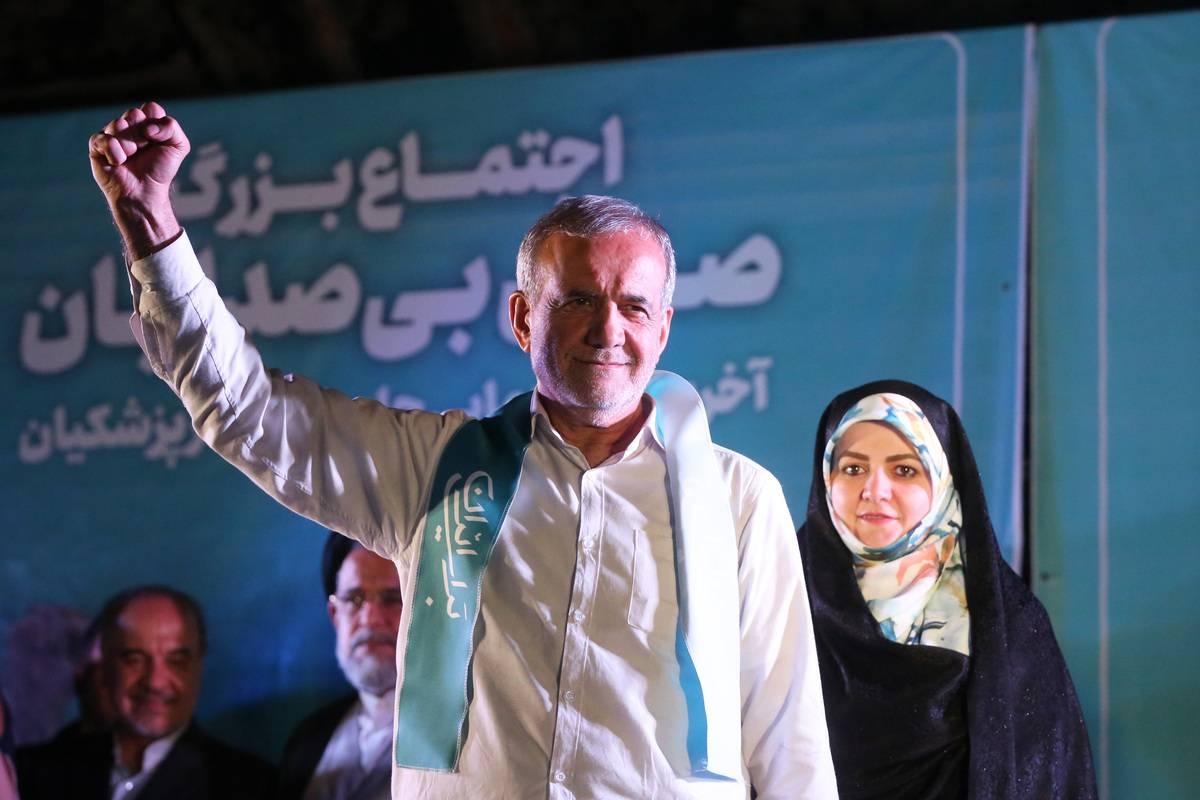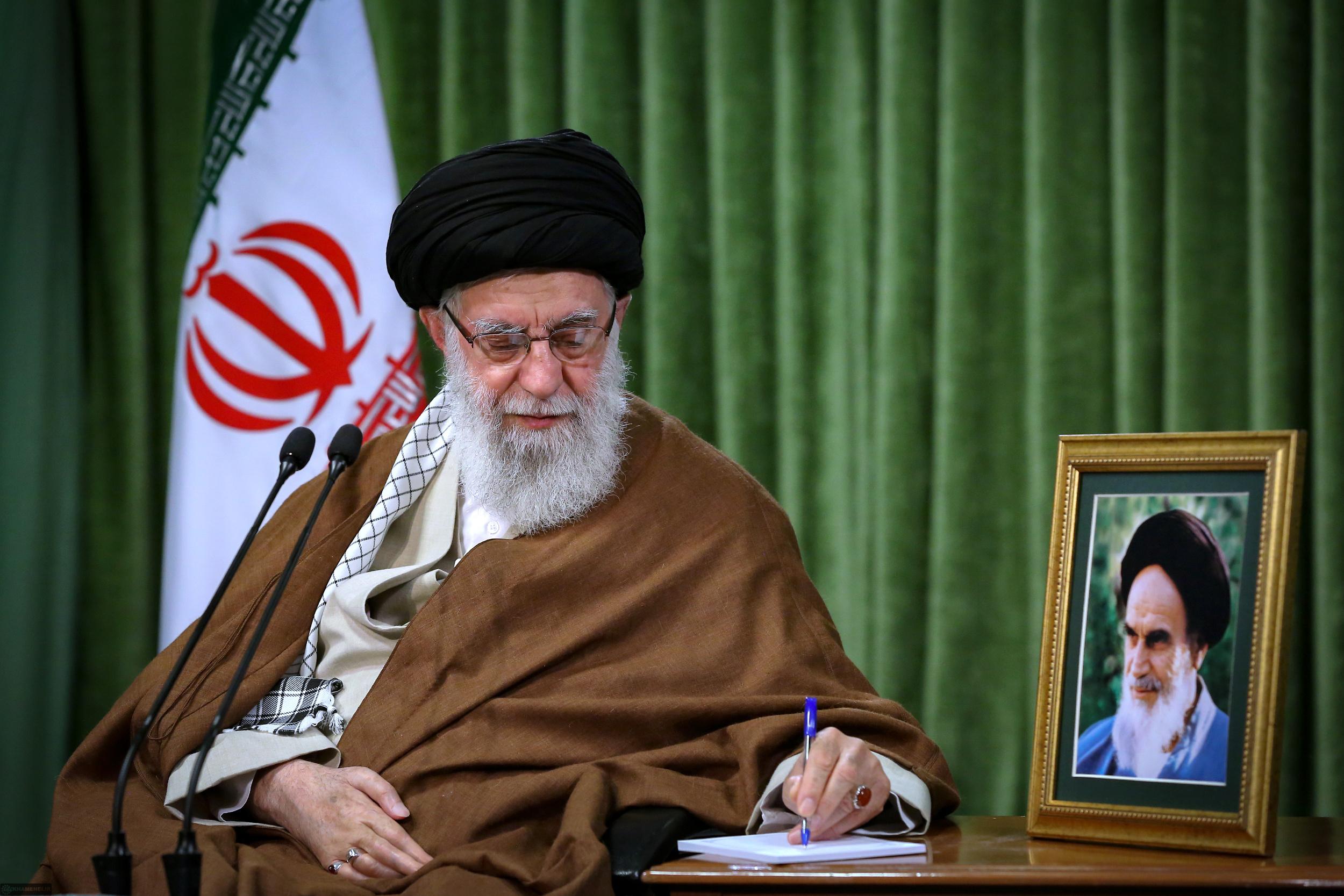Iran's new Azerbaijani president Implications for regional dynamics
The news looks sensational. A local Azerbaijani, Masoud Pezeshkian, won the elections in Iran. In addition, he is heard as a liberal, even once advocated the decriminalisation of drug use, which involved not only considering drug addiction as a disease, but also the issuance of drugs by the state. But the election of Masoud Pezeshkian should not be considered a turning point in Iran's history.
There have always been Azerbaijanis in the leadership of modern Iran - sometimes even more committed to their culture. And the new president's program looks like the third edition of the very "reformist" projects launched by Rafsanjani, the "grey cardinal" of the Islamic Republic. In foreign policy, they were usually crushed by the West's unwillingness to negotiate. However, with regard to the South Caucasus, changes will indeed increase. Iran will distance itself from Armenia, but this is entirely Pashinyan's fault.
The language of power is Azerbaijani
Pezeshkian's Azerbaijani origin was immediately picked up by pro-Western Armenian commentators, who need to convince their fellow citizens that it was not Pashinyan who "lost" Iran with his invitations to foreign powers to bring troops into Armenia, but that the Iranians chose not just an Azerbaijani cryptonationalist, but a practically lurking pan-Turkist.
In this regard, "irrefutable" evidence is cited. Pezeshkian, they say, has Azerbaijani as his first language, he later learnt Persian, he advocated for the recognition and cultural rights of the Turkic peoples of Iran, and most importantly, he is a fan of the Tabriz football team "Tractor". Armenian commentators follow its fans particularly jealously, interpreting any gesture of theirs as a harbinger of the imminent triumph of pan-Turkism in Iran.

This is all very interesting, but there have already been Azerbaijanis in Iran's top leadership, and even with a more obvious Azerbaijani identity (Pezeshkian is half Kurdish). And the main among them is the current Supreme Leader of the Islamic Revolution, abbreviated Rahbar, Ali Khamenei. He does not hide his nationality. He was born and raised far away from Azerbaijan, in Mashhad, but he knows the language, calls for preservation of Azerbaijani language and culture, is known for his friendship with bilingual Azerbaijani-Iranian poet Mohammad Hossein Shahriar, with whom he even communicated in his native language.
Khamenei also stood up for the rights of Turkic peoples - one can recall the story how during his visit to China he demanded to take him to Urumqi to address the Uyghurs there, and in Azerbaijani. The Chinese leaders were very displeased, but he did not back down.
Khamenei has held the highest post in the state hierarchy for decades. And he is not alone in Iran's leadership and political establishment. There was a time, in the 1980s, when both the president (Khamenei), the prime minister (Mousavi) and the leader of the largest opposition force (Bazargan) were Azerbaijanis. But the policy of any relatively large and developed state is determined first of all by material and structural factors, and only then by the will of individuals.
Yes, they influence something too, and Pezeshkian's arrival cannot but be a positive step in strengthening cultural rights and respect for the Turkic peoples of Iran, but the new president's capabilities should not be overestimated. For example, in 2016, he created a faction of Turkic-speaking MPs in Iran's previous Majlis and even became its chairman. It was stated that the faction managed to gather one hundred MPs (there are 290 MPs in the parliament in total), but as a result, the matter did not go further than the foundation of this association.
Reforms or dismantling the state?
However, in Pezeshkian's defence, it should be said that in Iran, with its polycentric political system in which power is dispersed among various institutions and agencies, the president can only achieve change through cooperation with other political actors. The Western media and the post-Soviet publications that copy them are unwilling to recognise the existence of mechanisms of expression of will and political pluralism in Iran. Everything is reduced to a two-way scheme:
1) a certain "reformist" president is suddenly elected in Iran (Khatami, Rouhani and now Pezeshkian);
2) after some time they don't like him anymore, and they explain - they say that Rahbar is just above the president, he gets in the way.
This scheme has been repeated for thirty years. It is not only primitive, it is based on nothing but fantasies about Iran. Let's start with the most obvious absurdity - Rahbar is far from being the only centre of power capable of making life difficult for the president (and vice versa, the president can poison Rahbar's existence, as Ahmadinejad did). Rahbar is far from being omnipotent, as evidenced by the entire history of modern Iran, his task is rather to find a compromise between different political forces.
Giving Rahbar fantastic superpowers is not the main problem with the typical scheme of explaining Iranian politics in the Western media. Its apologists completely ignore the existence of various political currents in Iran - why bother to understand the intricate names when you can simply divide everyone according to a universal arbitrary scheme - moderate/radical/conservative or conservative/reformist.
Following this pattern, one wonders whether reforms in Iran will continue with the election of Pezeshkian. This in itself is a sly question. What is meant by these indescribable reforms? It seems that many Western media outlets only mean by them the dismantling of the Iranian system. In general, reforms as a serious modification of the state system, economic system, social and cultural spheres have been carried out in Iran regularly since 1979.
And the presence of conservative (in the opinion of the West) presidents in power does not correlate well even with seemingly liberal reforms that the West approves of. Under Ahmadinejad, who has been called conservative or radical, leftist literature was returned to free circulation, subsidies hated by marketeers were cancelled, he himself questioned even taboo topics like assessments of the war with Iraq, and his vice-president Mashaei declared that Israelis are "not the enemy". Under conservative Raisi, however, the erosion of the previously mandatory hijab continued.

Yes, the attempt to seriously change the foreign policy course in the 2010s was formally made in the years when the country was led by Rouhani, who was considered liberal and close to reformists. But many political forces considered conservative - such as Saeed Jalili, who was Pezeshkian's main rival in this election - were also directly involved in the "nuclear deal" with the West. And they, as Pezeshkian noted in the pre-election debates, did not turn out to be such staunch defenders of the Islamic Republic's interests and did not, for example, achieve the inclusion in the agreement of mechanisms that would help Tehran defend its interests in case Washington withdraws from the deal - which happened under Trump.
Pezeshkian himself, as his biography shows, is a characteristic "nestling" of Ali-Akbar Hashemi-Rafsanjani, Iran's most influential statesman after 1979. It was Rafsanjani who from the mid-1990s onwards nurtured and raised a whole series of "reformist" projects, from Khatami to Rouhani and Zarif. Through these projects, the new Iranian elites that came to power after the revolution gradually rolled back the radical revolutionary aspects of the Iranian state, introduced a liberal economic system, sought compromises with the West, and shifted from Islamism to Iranian nationalism.
Pezeshkian's statements fit into this pattern. For example, even when paying tribute to Qasem Soleimani, who was killed by the Americans, he distanced himself from religious motives. According to the new president, "the general was a hero who fought against oppression abroad regardless of whether they wore the hijab or not, whether they were religious or not." In addition, he called for looking after Iran's interests, because although "the honourable martyr Soleimani secured [Iraq], we are giving the market of [the said] country to others."

Pezeshkian spoke extensively on economic issues. For example, he said that "incompetent, inexperienced and unskilled managers" were to blame for the dire economic situation. To understand what is meant, it is worth recalling his earlier criticism of large state-owned and public industrial and other companies that are controlled by managers from among the political opponents of the "reformist" camp. In addition to attempting changes in this area, the new president's team will continue the long-standing policy of all Iranian politicians associated with Rafsanjani of liberalising the economy and privatising state assets. Representatives of Pezeshkian's headquarters have already warned of higher petrol prices.
Pashinyan achieved a change in Iranian policy in the South Caucasus
No drastic changes in foreign policy should be expected. Pezeshkian will return to a modified version of the foreign policy of the previous "reformist" president, Rouhani, who held office until 2021. Firstly, he himself came out of that camp and will recruit his team from there. Second, Pezeshkian voiced program messages similar to the discourse of Rouhani's time. In particular, he stated that the main Iranian problem - inflation - is linked to Western sanctions and therefore we should strive to lift them. In addition, the newly elected president called for increased dialogue with other countries.
The South Caucasus will clearly be among the modified moments of this policy. But this has nothing to do with the change of power in Tehran. Iran's relations with Azerbaijan began to improve and with Armenia to deteriorate long before Pezeshkian. The trend has become quite obvious since the early 2020s, and it has nothing to do with Iran's new president. But it is a direct consequence of the realisation of the idea-fix of Armenian Prime Minister Pashinyan and his associates - to replace one foreign troop (Russian) in Armenia with another (French, and preferably American).
There has long been a consensus in the Iranian political establishment that the presence of extra-regional forces has a destructive effect on the respective regions. And if Yerevan's entire foreign policy strategy is built on the search for any overseas forces ready to deploy their armed forces in the South Caucasus in order to actually hand over responsibility for the country to them - then the deterioration of relations between Tehran and Yerevan is programmed here, no matter who is at the helm in Tehran.
As for other countries in the region, the prospects look better. Although Tehran still has a lot of issues to resolve in its relations with Azerbaijan, a pragmatic approach will make them develop more effectively, including by weakening the imperative of maintaining close relations with Armenia, which narrowed the room for manoeuvre. It is unlikely to expect serious problems in Iranian-Turkish relations as well - the countries are overcoming the consequences of the tensions that arose between them during the so-called "Arab Spring", especially with regard to Syria. Recently, the Turkish government announced the possibility of negotiations with the Syrian government and normalisation of relations, which would remove a serious obstacle to the development of Turkish-Iranian relations.
Iranian establishment in search of a new leader
In conclusion, it should be noted that the results of the elections held in Iran should not be reduced to the election of a president. The elections highlighted a number of unpleasant moments for the West. Fewer voters took part in them than before (turnout in the second round was 49.8 per cent), but these elections were extraordinary and therefore no political force could conduct a full-fledged election campaign and mobilise people in a month. And, by the way, even these decreased figures are quite comparable with the figures in the EU-NATO countries. The Western media do not write about the latter that the low turnout is evidence of the "rottenness of the regime".

But the election highlighted another problem for Tehran. The election of Pezeshkian has not solved the most important task for Iranian domestic politics - finding a candidate to succeed Rahbar. The situation is not yet critical, but it is complicated. The current Rahbar Khamenei is three years older than President Biden, he looks even more efficient than Biden, and he has less work to do, because, as we have noted, he is far from being the omnipotent ruler he is portrayed as. But, given his 85 years of age, it is high time to select a successor, and according to Iranian laws, it should be from among more or less authoritative Islamic scholars-ulema. And he was selected and guided through responsible government posts, including the presidential post - the late Raisi was his successor.
It is extremely difficult to find a new such unique candidate - relatively young, but with religious education at least close to the level of the ayatollah, and experience of serious managerial activity - such people are outnumbered.
In principle, the Iranian political system is set up to deal with crisis situations, and the current Rahbar in 1988 was also found urgently to replace the previously prepared successor. But nevertheless the situation is a crisis, and therefore President Pezeshkian will clearly have more opportunities to "make history" than many of his predecessors.
The views and opinions expressed by guest columnists in their op-eds may differ from and do not necessarily reflect the views of the editorial staff.








